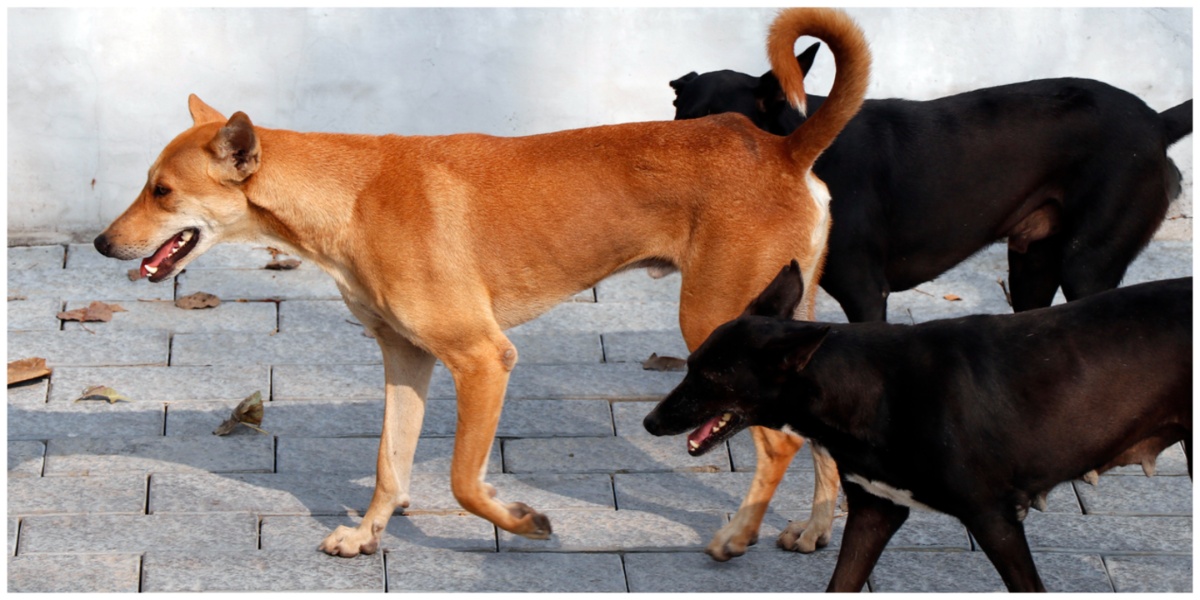The court stressed that the government cannot pass a blanket ban without constituting a proper committee and hearing from relevant stakeholders.

Stray dogs (Representational image)- iStock
The Karnataka High Court has ruled against the recent circular issued by the union government, which banned 23 breeds of ‘ferocious dogs.’
Justice M Nagaprasanna pronounced the order on a plea challenging the ban, emphasizing the necessity of proper consultation and adherence to due process before imposing such bans.
The court noted that none of the stakeholders were consulted before the ban was imposed, which is a violation of procedural norms.
It stressed that the government cannot pass a blanket ban without constituting a proper committee and hearing from relevant stakeholders. The court stated that pet owners are responsible if their pets injure anyone else, and that they should pay for any expenses incurred.
It also noted that the government had already undertaken before the Delhi High Court that it would consult stakeholders, yet none of them were heard.
In its detailed order, the court highlighted that the ban contradicted existing rules and regulations, particularly the Prevention of Cruelty to Animals Act. It emphasized that the circular exceeded the boundaries of the law and therefore had to be invalidated.
However, the court clarified that its decision did not prevent the government from issuing a revised circular after proper consultation with stakeholders and in accordance with the law.
It stressed the importance of consulting a wide range of stakeholders, including pet owners and relevant organizations involved in certifying dog breeds.
Furthermore, the High Court directed the government to consider the inputs of organizations like PETA (People for the Ethical Treatment of Animals) in the decision-making process.
The court also emphasized that responsible pet ownership entails more than merely accepting moral responsibility; pet owners must be made accountable for covering the entire treatment expenses for victims injured by their dogs, including pursuing separate claims for damages.
(Edited by Shauqueen Mizaj)

Jul 27, 2024

Jul 26, 2024

Jul 26, 2024

Jul 26, 2024

Jul 26, 2024

Jul 26, 2024